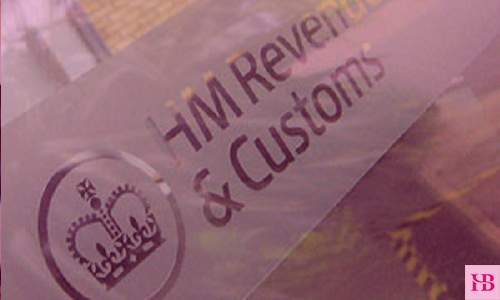Functionality to allow employers to set up a recurring direct debit to pay PAYE and national insurance liabilities will launch early in October. HMRC have announced that a variable payment plan for PAYE and NIC liabilities will be available. The existing system allows only a single payment to be made by direct debit.
The ICAEW have reported that HMRC has confirmed that the direct debit amount will be the figure declared on returns submitted by employers/payroll agents, or a lesser figure if any overpayments have been allocated to reduce the original declaration. The direct debit will never be greater than the value declared on the return and can never be more than £20m, in accordance with direct debit BACS rules.
Second, the money will be drawn on 23rd of each month, or the next bank working day. The employer will receive an advance notice three days in advance of every collection date, to ensure they are notified of the amount being collected. There will be no additional interest charged to employers who choose to pay by variable direct debit payment plan, provided that their direct debit payment does not dishonour for whatever reason, (ie, insufficient funds, bank account closed, etc.).

Lastly, HMRC has confirmed that its current guidance on filing deadlines remains unchanged.
Details about how to set up a variable payment plan can be found in HMRC’s Employer Bulletin. Banking rules require direct debits to be set up by a signatory to the bank account so Agents cannot set up direct debits on behalf of clients.
If you would like advice on corporation or personal Tax or any other aspect of tax planning or trust registration, please do contact us – the HB team is here to help with all your tax, cash flow, MTD VAT, and accounting questions and can help you make your money work harder for you and your business. If you would like to talk about how we can help you and your business, please feel free to contact the team on 01992 444466.
We’re accountants for business and we’re here to help you survive and grow.
The information contained above is for general guidance purposes only. Whilst every effort has been made to ensure the contents are accurate, please note that each individual has different circumstances and it is essential that you seek appropriate professional advice before you act on any of the information contained herein. HB Accountants can accept no liability for any errors or omission or for any person acting on or refraining from acting on the information provided in the above
Latest blogs from HB Accountants
- HMRC Advisory Fuel Rates (AFRs) from 1st June 2025
- How an audit can help your business (and actions you can take to make it go smoothly too!)
- Why a budget helps you to focus on business growth
- How a SME Owner Can Create More Time
- A New Academic Year for our Student in Zambia

